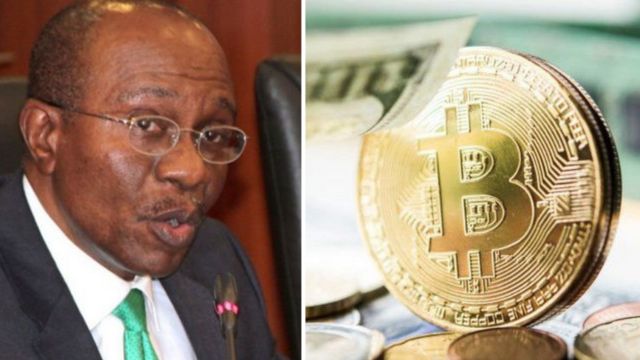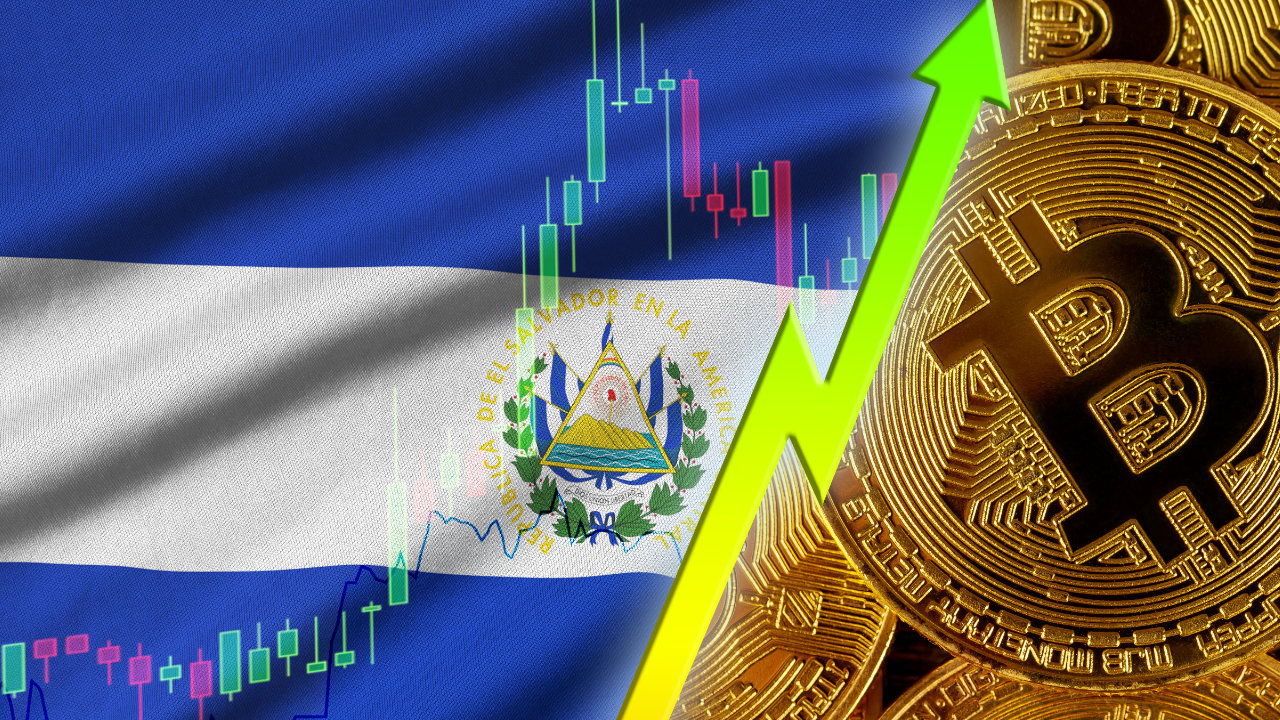BREAKING: Binance announces departure from Nigerian market, halts naira services
By Sabiu Abdullahi Binance, one of the world's largest cryptocurrency exchanges, has decided to terminate all services related to Nigeria's fiat currency, the naira. This decision comes amidst escalating regulatory…





